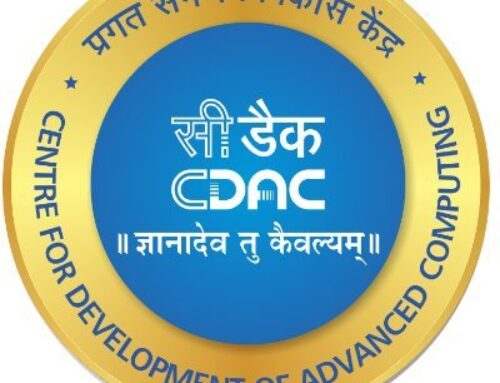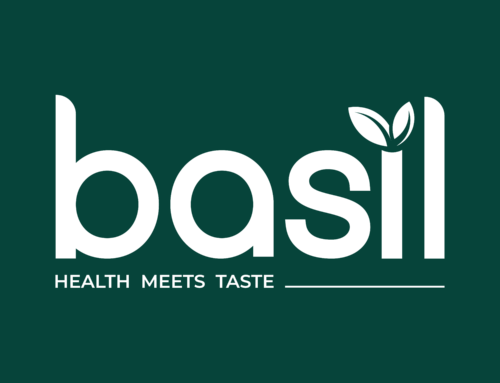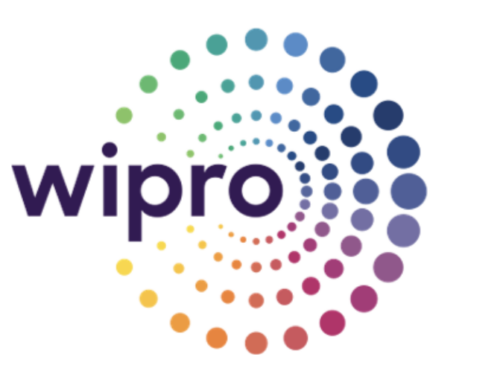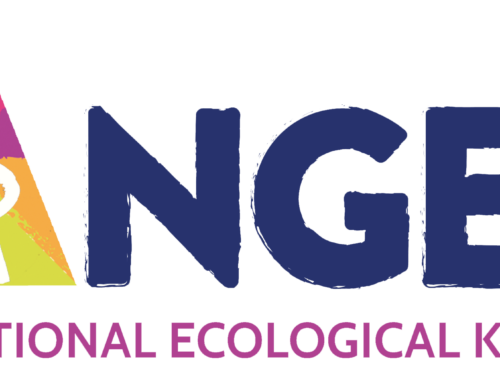The year 2020, when the world was grappling with the first wave of Corona virus we were unknowingly belting up for the aftermath of the pandemic. The figures were staggering as is, with 7,00,000 people dying of suicide each year, one suicide every 40 seconds and 1 in 5 people experiencing Depression. We knew the journey from here would be downhill if a solution wasn’t sought. At the same time mental healthcare was even more challenging with low income countries having less than 1 mental health professional every 1,00,000 people.
This also placed an additional burden on the existing healthcare system: 3-6 weeks patient wait time, 7 years time to make a diagnosis, 60% relapse rate and a fee that could burn a hole in the pockets of patients. But what we didn’t know was that the unfortunate onset of Covid19 could actually surface the discussion around mental health worldwide. Beaming with hope as the world started openly talking about Depression, Anxiety among other emotional challenges, we started the journey to impact the lives of millions through an AI powered App, United We Care. Fuelled by personal experiences of our Founders Ritu Mehrotra and Sourav Banerjee we were committed to challenge the barriers to access mental healthcare. So we created a 360 degree mental health solution covering the full 9 yards right from screening to clinical management, relapse management and self management. And at the forefront of the platform was Stella, our Ai virtual wellness coach, Stella, a vertical large language model designed with the aim to look, listen and link.
The training and learning of Stella was such that it soon made news as it broke the Stanford Natural Language Inference record of Meta by achieving 94.7% accuracy in understanding user intent. This meant that Stella could understand user intent better than any other existing system which in turn meant that we could help people better. We continued to break many world records during this journey like the BioNLI (Biomedical Natural Language Inference) record with 87.8%, MedNLI (Medical Natural Language Inference) record with 92.1%, HANS (Heuristic Analysis for NLI Systems) record with 91.7% leading Meta and Multi-Genre Natural Language Inference with 94.1% breaking Google’s T5-11B previous record of 92%. The fact that the average messages per session with Stella is 50 is a testament to the smooth conversation Stella is able to hold with users helping them in their hour of need. But that’s not all, Stella is also able to encourage users to seek therapy which is evident from the fact that after 21 sessions with Stella one appointment is booked.
These accomplishments helped us take giant leaps, becoming wellness partners with multi-million dollar companies. But our hunger to reach more people and impact their lives kept growing. And that’s when we found another problem to solve. We realized that one reason why people could not get access to care on time was because 40% of a clinician’s time was going to administrative tasks. And that laid the foundation for our next leap, Stella Clinical Copilot. A solution that aimed at reducing the administrative burden from clinicians and healthcare systems in turn ensuring that there was more time freed up to take on patients.
Trained on 40 Billion parameters, 2 Trillion generic tokens and 300 Billion clinical tokens, our clinical copilot encapsulates 150+ years of mental health research. In terms of functionalities Stella Clinical Copilot can create AI assisted case history preparation and summarization, personalized AI assisted session note creation, AI assisted prescription generation, collaborative care – follow up summary, recommendation management and a powerful stella for clinicians. This tool equipped clinicians to free up their time and focus on providing personalized care to their patients. They now have powerful tools like a complex graph neural network built in a matter of minutes after a patient’s clinical history is uploaded. Instead of flipping through piles of paperwork, clinicians could just type or speak their query on the ‘Ask Stella’ function of the clinical copilot and get a rapid response within seconds. In short we had built a system that solves the problems of access to care from both ends, patients and clinicians. But that wasn’t enough.
While building the clinical copilot we felt challenged by the expensive Medical ASRs (Automated Speech Recognition) we knew that integrating with the existing ASRs will only place the burden on the clinician snowballing onto the patient. But we were clear, we had to ensure nothing sways us from our mission to provide affordable quality care to people. So we took the challenge to build our own Medical ASR and we didn’t just accomplish the task, we aced it as we broke world records. Today United-MedASR has outperformed key players in the market. In the LibriSpeech test we displayed a 26% improvement in accuracy over Google’s 1.34%. We scored 0.29% at Tedlium, a 93% improvement over NVIDIA’s 3.92%. FLEURS (English) saw us achieve 0.336% WER, a 98% reduction from Meta’s 21.9%.
This meant that our tool minimized error rates to a 0.5% thus bringing in accuracy in critical interactions ensuring that there is minimal error when a clinician is recording voice notes through the copilot.
As we solved each of these problems we were becoming the world’s most powerful holistic network ecosystem which could handle users, clinicians and even the entire healthcare system providing end to end solutions. This matrix effect was extensive and could pave the way to our leadership in the global mental health domain accommodating the entire spectrum of mental health players.
Today we can proudly say that we are contributing to the Sustainable Development Goals of Good Health and Well-being, Gender Equalities and Reduced Inequalities. We have an AI wellness coach, Stella, that can provide people with psychological first aid ensuring no one goes without assistance in the times of need, thus solving for the lopsided clinician-patient ratio. It brings us immense fulfillment in the fact that 82.5% of our App users say that they experienced improvement in their mental wellbeing, 76% users reported less stress and 73% saw significant improvement in their sleeping patterns.
In the burgeoning field of AI-powered mental health solutions we know that success hinges on a robust foundation: rigorous research, meticulous market validation and capital efficiency. But above all of this is the drive to make an impact, to question the status quo and strive to bring in a change. United We Care is at the forefront of this exciting frontier, leveraging cutting-edge deep learning models to develop innovative solutions that address critical mental health challenges. Because when you are committed to a cause like the team at United We Care, there are no roadblocks, only inroads towards the purpose of building a new, futuristic landscape for mental healthcare.







